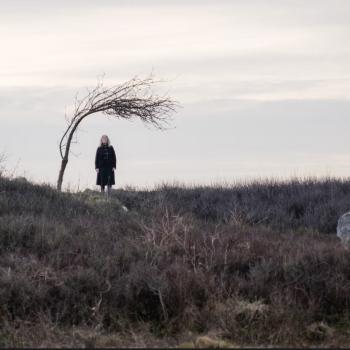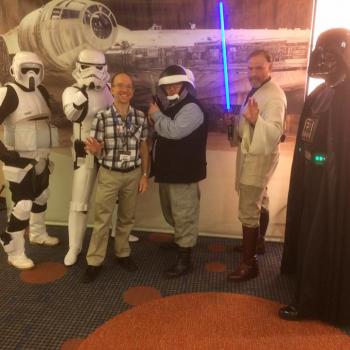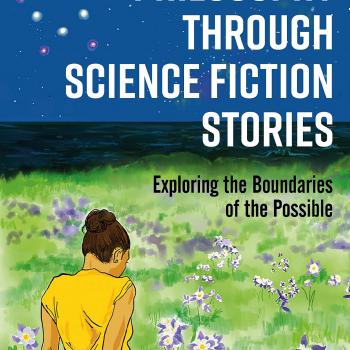It is Christians who are most associated in our time with the notion of believing without seeing. But a long, long time ago, in a galaxy far far away, Obi-Wan Kenobi (who is purported to have been a Jedi and not a Christian) famously said “Your eyes can deceive you – Don’t trust them!”
Believing without seeing is hard, and often foolish. Disbelieving what our eyes have seen is harder still. Two videos that have been circulating illustrate this well. First, this video shared on IO9 offers quite possibly the most impressive illusions you’ve ever seen:
As insightful minds from Chuang Tzu to Descartes to Morpheus have emphasized, our senses can be deceived. And how many of us, however skeptical, would not at least consider believing in ghosts if we were the victim of a prank like this and were never told it was a prank?
http://www.youtube.com/watch?v=Fw48FdM_Ji8Most people who did find out it was a prank would also revise their beliefs – for instance, about the appropriateness of punching someone else in the nose.
But the underlying question is a serious one. Our senses have often misled us about the nature of reality. And our reasoning capacities are the product of evolutionary processes which did not have as their aim to make us wise and logical. So when confronted with evidence that our senses or our reasoning deceives you, how do you decide what to believe?












